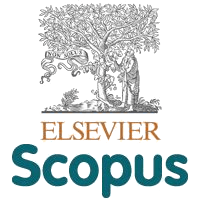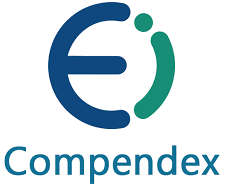The Effect of Intrinsic Incentive on the Research Performance of College Faculty
Abstract
The research performance of college teachers is the effect of accomplishing the scientific research tasks under the guidance of the overall strategic objectives of the college. Establishing an effective incentive mechanism can promote the implementation of this goal and stimulate the enthusiasm of college teachers' scientific research work. Incentive is a process in which individuals are motivated by needs and behaviors to achieve certain goals. It can be seen that incentive is driven by individual needs that are not fully satisfied. It is a kind of emotional effect generated from within, and this psychological need serves as an internal incentive that eventually drives individual behavior. At present, the individual needs of college teachers have not been fully satisfied, and there is still room for institutional incentive in colleges and universities. It is the key issue to make the incentive policy effectively meet the psychological needs of college faculty and become the psychological element to motivate them. This paper focuses on the impact of intrinsic incentive on research performance, so that we can develop more targeted and effective motivational initiatives that meet the characteristics of college teachers and improve their research performance.
In this study, relevant literature research was conducted, and the questionnaire was developed by combining the existing scales and interviews in the literature. After conducting reliability and validity tests, the scale was further optimized by purifying the entries and deleting the questions. The questionnaire was then distributed to college teachers. Finally, 420 valid questionnaires were collected. Based on the Exploratory Factor Analysis, the empirically tests of the intrinsic incentive on the research performance were studied by using the path analysis method of Structural Equation Model.
The results show that intrinsic incentive includes four factors, which are innovation incentive, achievement incentive, emotion incentive and responsibility incentive. The effect of emotion incentive on research performance is not significant. Innovation incentive and responsibility incentive have positive influences on research performance, while achievement incentive has negative influence on research performance.
According to the results of the study, innovation incentives are effective in improving research performance because scientific research itself is innovative, exploratory and pioneering in nature. Teachers in higher education consider research as part of their duties. The responsibility can motivate research performance because they attach more importance to research work internally. But college teachers are vulnerable to the negative effects of uncertainty encountered in the process of research work. Therefore, universities should develop innovative incentives in line with the inner rules of scientific research activities and clarify the scientific research responsibilities of college teachers. At the same time, they should try to create a relaxed academic atmosphere to keep teachers' enthusiasm for scientific research. The "results-only" system of research rewards should be abolished to avoid external stimuli such as apportioning research tasks and quantifying departmental targets, which would discourage faculty members' research enthusiasm.
Further research in this study could include in-depth analysis of intermediate variables, such as work attitudes, perceptions of performance, competence and quality, and even moral and educational attitudes. Whether these factors have mediating effects and play a role as intermediate variables in the process of influence of motivational factors on performance needs further analysis.




